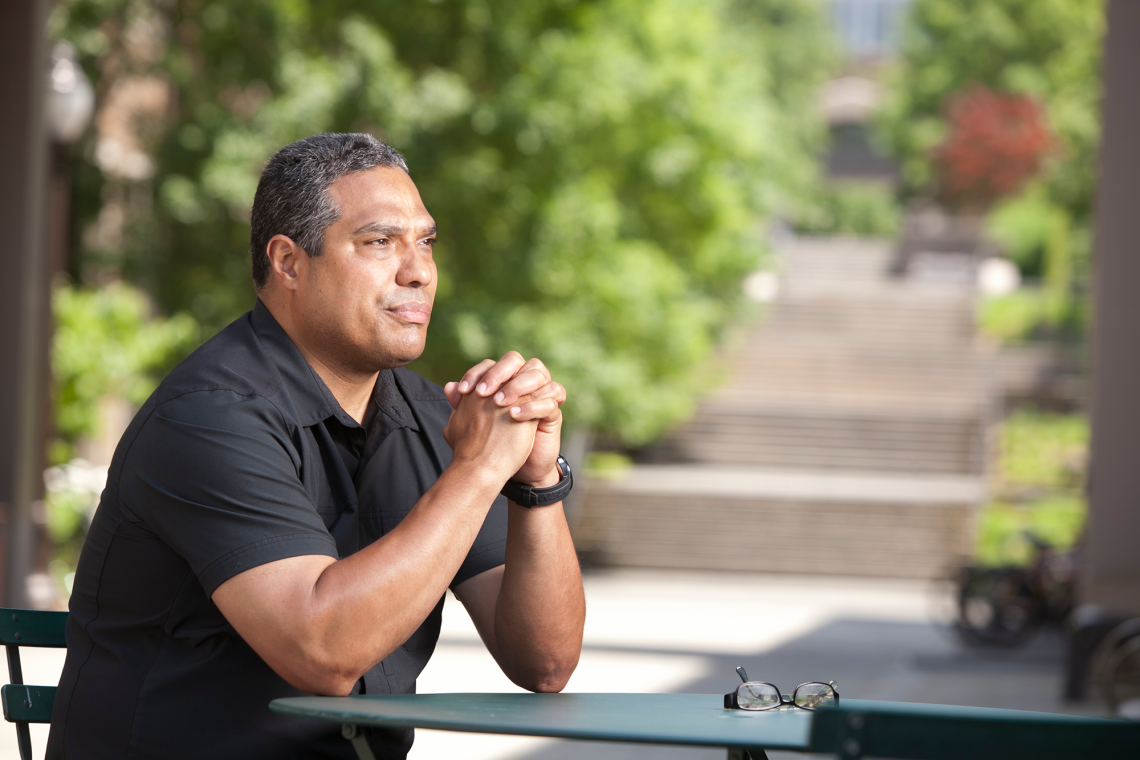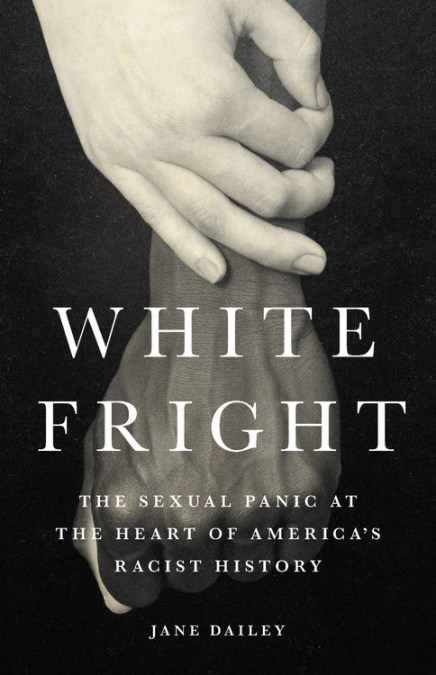After a Career of Challenging Racial Myths, Eduardo Bonilla-Silva Isn’t Slowing DownPosted in Articles, History, Interviews, Media Archive, Politics/Public Policy, Social Justice, Social Science, United States on 2021-07-08 21:37Z by Steven |
After a Career of Challenging Racial Myths, Eduardo Bonilla-Silva Isn’t Slowing Down
Duke Today
Duke University
Durham, North Carolina
2021-07-07
Eric Ferreri, Senior Writer
Telephone: 919.681.8055
 Eduardo Bonilla-Silva’s body of work has shaped academic and popular discussion of race and inequality. |
In 2003, Eduardo Bonilla-Silva published what would prove his seminal work of academic scholarship: Racism Without Racists. In it, the sociologist – then at Texas A&M University – challenged the notion that the United States existed as a color-blind society.
The book made a splash within academia and beyond, setting the table for countless conversations about race, systemic racism and many of the divisions that continue to plague society in the US and elsewhere.
Bonilla-Silva came to Duke in 2005 and since has continued to hammer away at structural racism. Among his most recent publications, a 2020 article – just a few months into COVID-19 – that examined how the pandemic broadened inequities for people in marginalized communities.
A giant in his field, Bonilla-Silva will be honored later this summer with the W.E.B. Du Bois Career of Distinguished Scholarship Award from the American Sociological Association.
“While many agree, and some may disagree, with his work, the truth is that his racism theory has become canon – often required on preliminary/area exams and used as the theoretical scaffolding on countless research papers,” said David Embrick, a professor of sociology and Africana Studies at the University of Connecticut who nominated Bonilla-Silva for the award. “Part of the reason is that Bonilla-Silva doesn’t want people to just cite his research, but also to engage with it critically in ways that allow for new racism theories to emerge, to think deeply about any shortcomings and address them, and to take his theories to the next level. So, he’s always encouraging scholars to do more, think bigger and go beyond.”
Bonilla-Silva will receive the award in August. He recently talked with Duke Today about his career and research. Here are excerpts:…
Read the entire interview here.
